Contexts
(Re)colonizing Tradition
A Pedestrian Guide to a "Traditional" City
Welcome to Bhaktapur
[1] The Tea Stall at Guhepukhu
[2] Nava Durga Chitra Mandir
[3] Khauma Square
[4] Tourist Motor Park
[5] Indrani Pitha
[6]Lasku Dhwakha Gate
[7]Char Dham
[8]Cafe de Temple
[9]Batsala Temple
[10] Batsala Temple
[11] City Hall
[12] The Procession Route
[13] Pujari Math
[14] The Peacock Restaurant
[15] Sewage Collection Ponds
[16] Bhairavanath Temple
|
Theorizing Socially Constructed Temporality
The real god is the cosmos. If one must be more precise: it is Time.
--Mus 1998, 259
In the crudest sense, experience could be defined as space plus time. I spend most of this site discussing space, yet time also needs to be theorized. "Time"‹as indicated in Mus¹s statement at the top of the section‹should not, in a Benjaminian sense, be limited to calendar time, clock time, and stock exchange time. Such "clock time" is not a normative default, but rather is constructed from the technological infrastructure of an industrialized and commodified life world (Schivelbusch 1995). And even in "Western" cultures, most of the people, most of the time, do not experience the world through clock time, but instead as a lived temporality. As Martin Heidegger (1962, 472-480) writes in Being and Time, "For the ordinary understanding of time, time shows itself as a sequence of Œnows¹ which are constantly Œpresent-at-hand¹, simultaneously passing away and coming along."
The shortcoming of Heidegger¹s notion of temporality is that he postulates a logocentric temporality of the present (cf. Derrida). In this understanding, not only are all "nows" essentially the same, but in sociopolitical terms it leads to an understanding that spoken language and face-to-face communication are the only authentic means for constructing community. Not only is this empirically inaccurate (cf. Anderson 1990; Grieve 1995), but it reifies a romantic notion of tradition as an impotent force in the modern world. Furthermore, this romantic understanding of tradition‹as seen in Heidegger¹s own work and in nationalist fundamentalist groups such as India¹s Bharatiya Janata Party‹often leads to fascism. Accordingly, I pose time not as the blank canvas of being, but as the social logics‹that is, the discourses, practices and institutions‹that go into the construction of lived worlds.
  
|
Maps
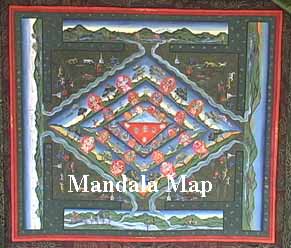
Mandala Map
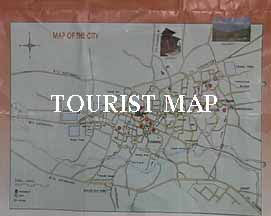
Tourist Map

Government
Map
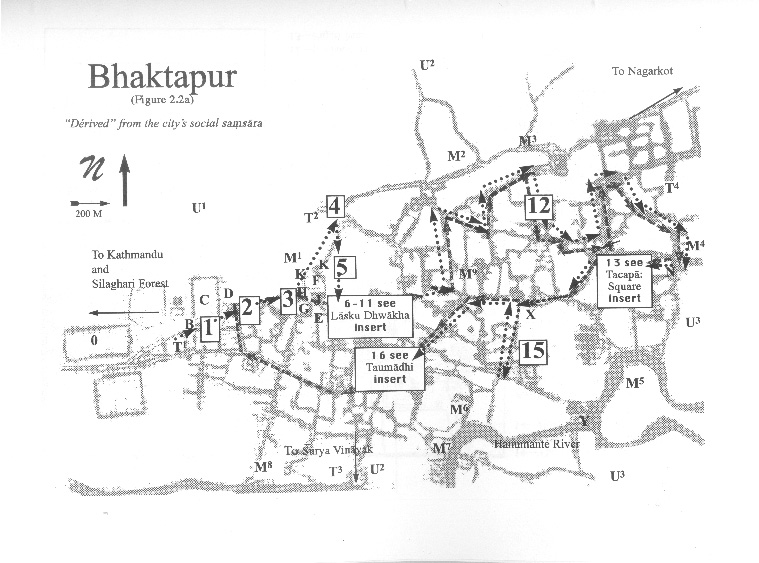
Pedestrian
Tour Map
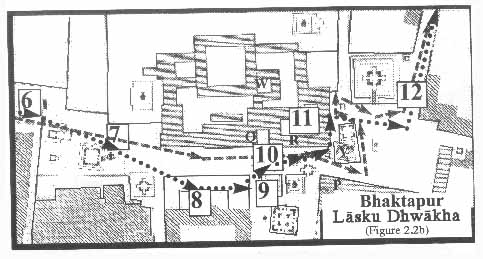
Bhaktapur
Durbar Square
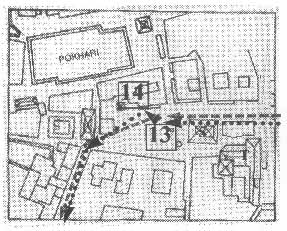
Tacapa Map
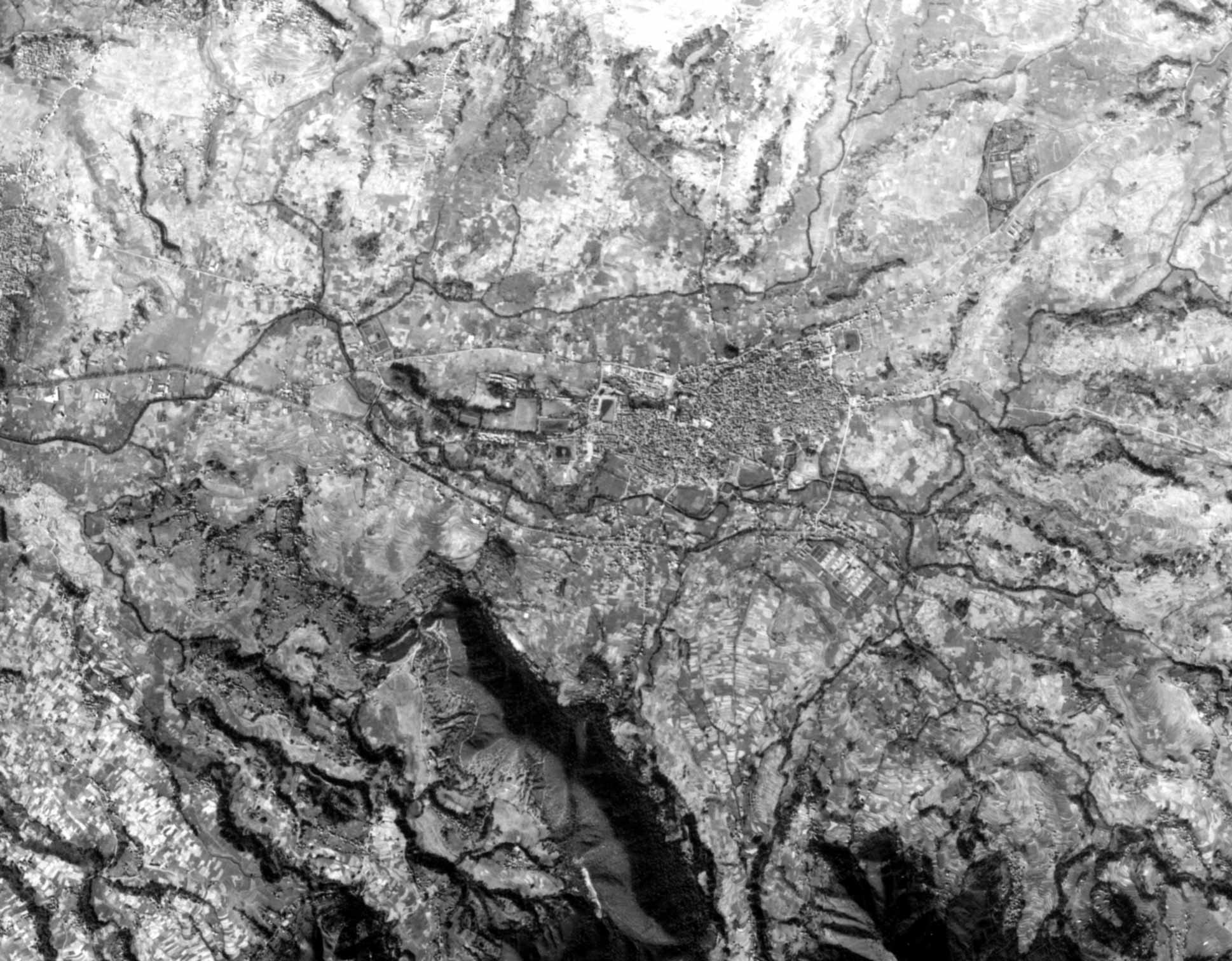
Satellite
Photograph
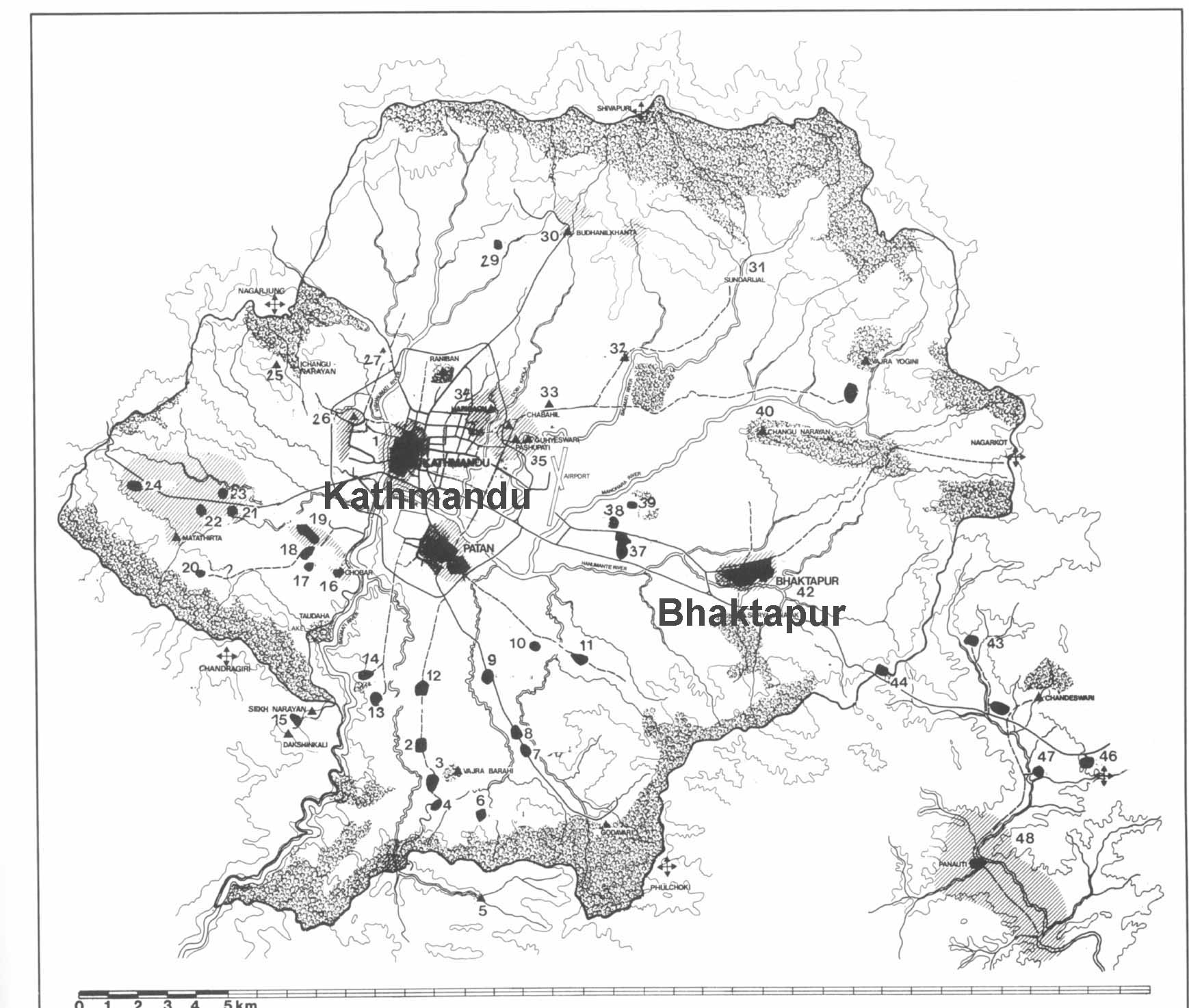
Kathmandu
Valley
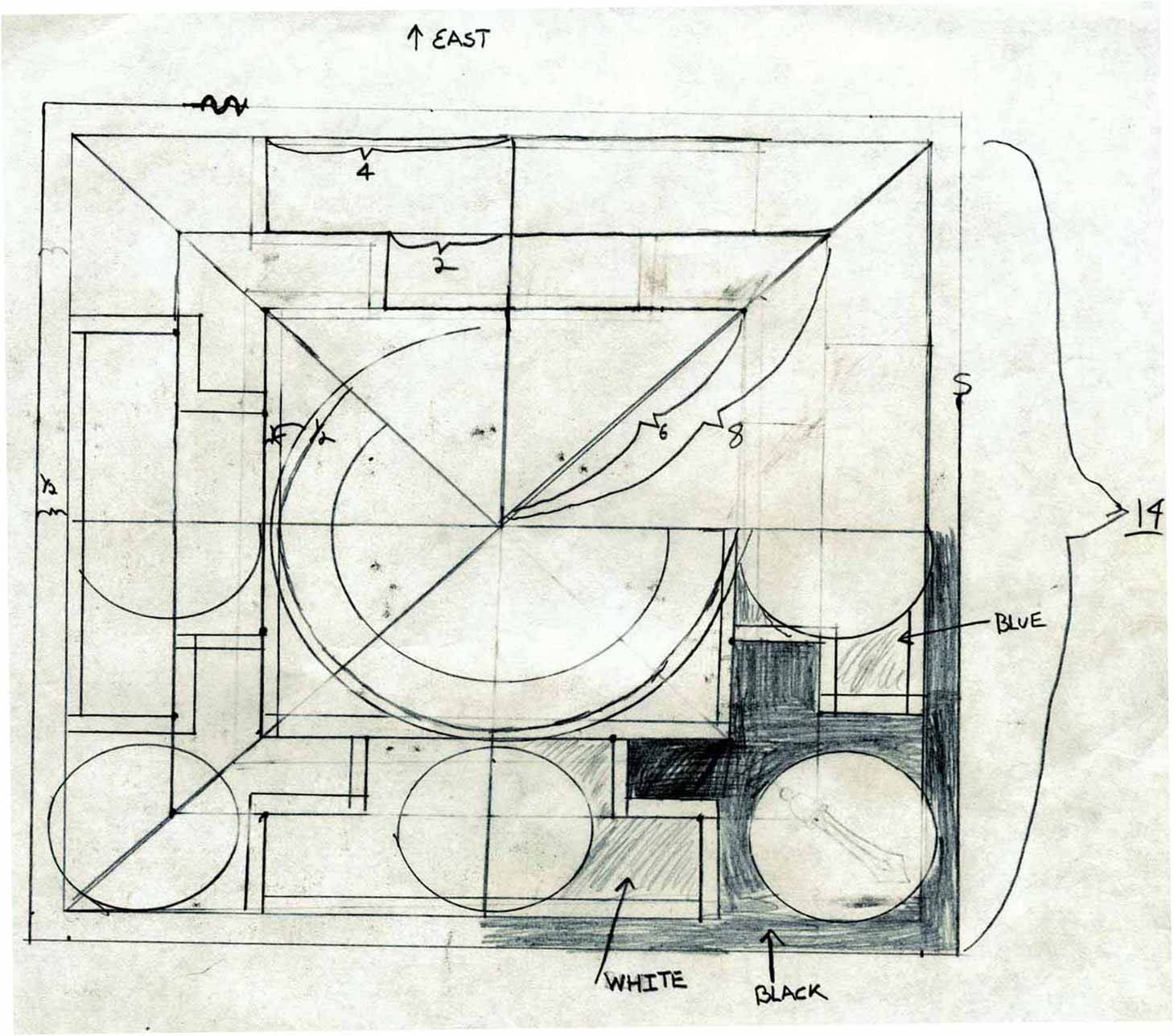
Goddesses
|